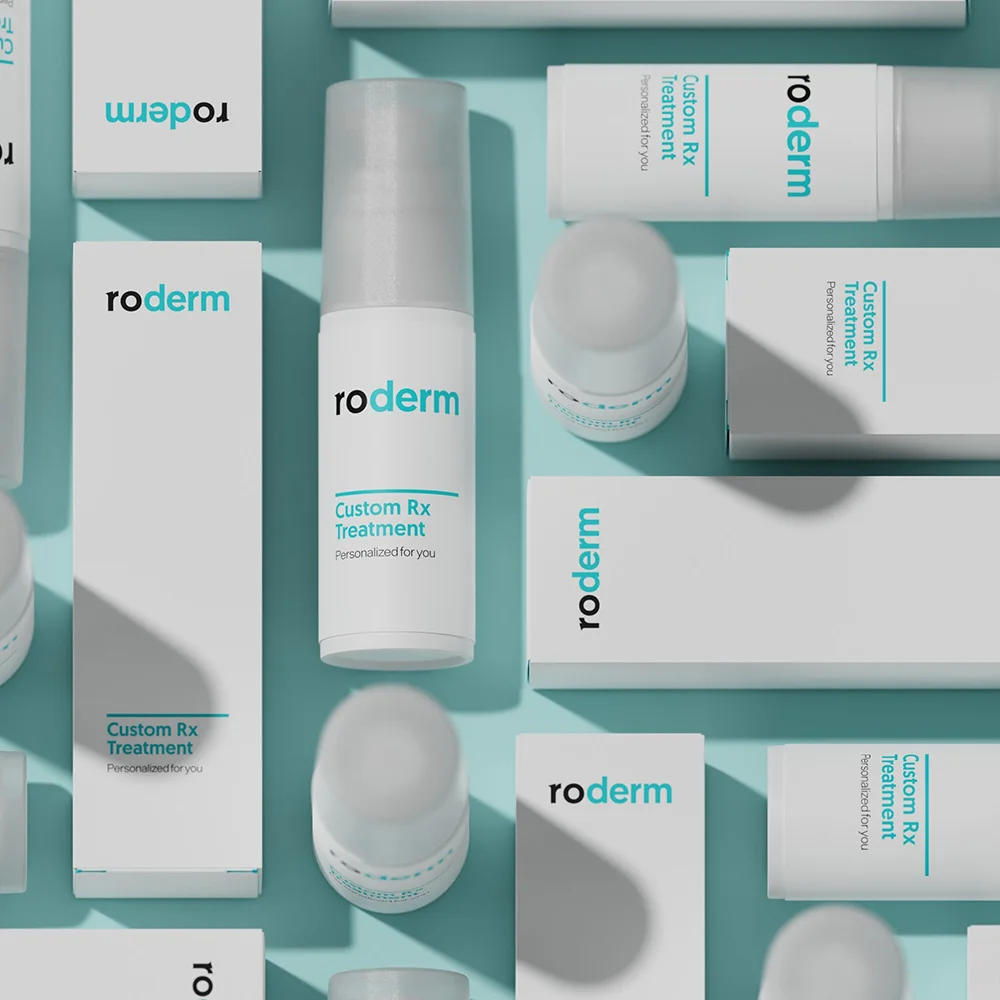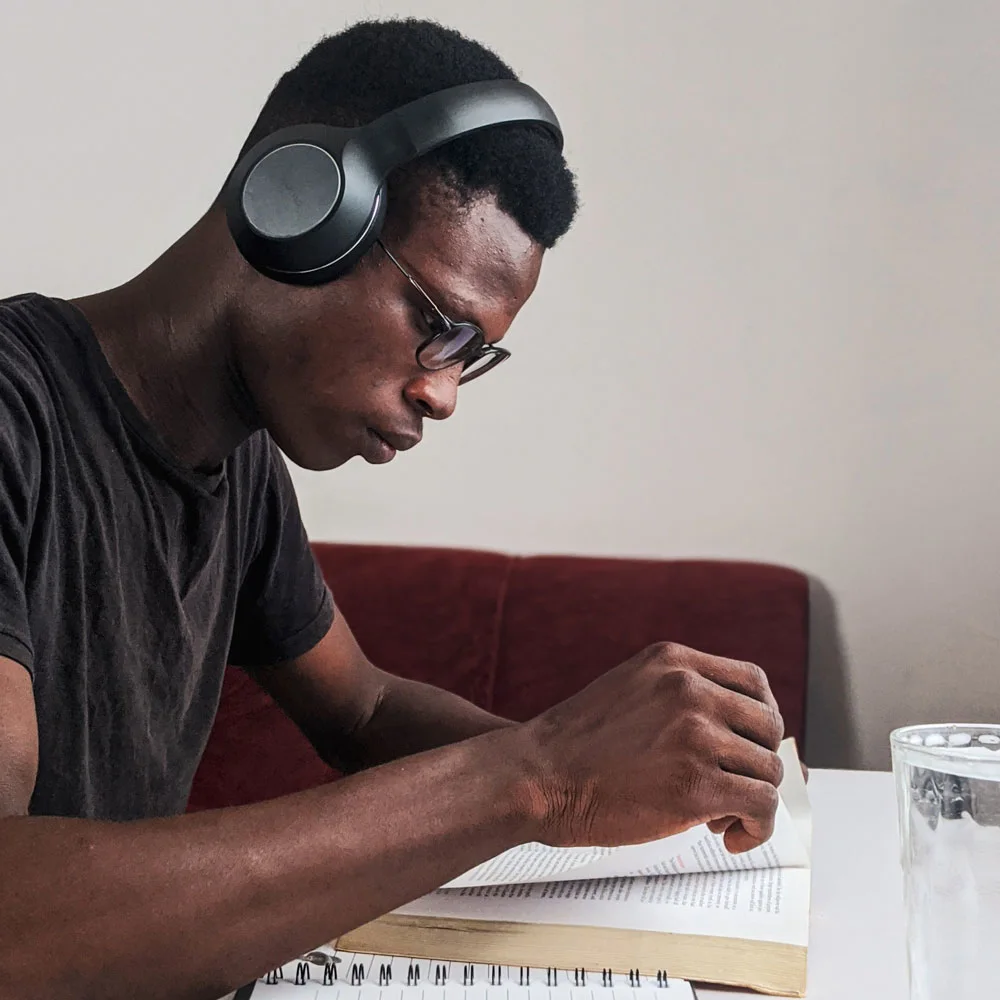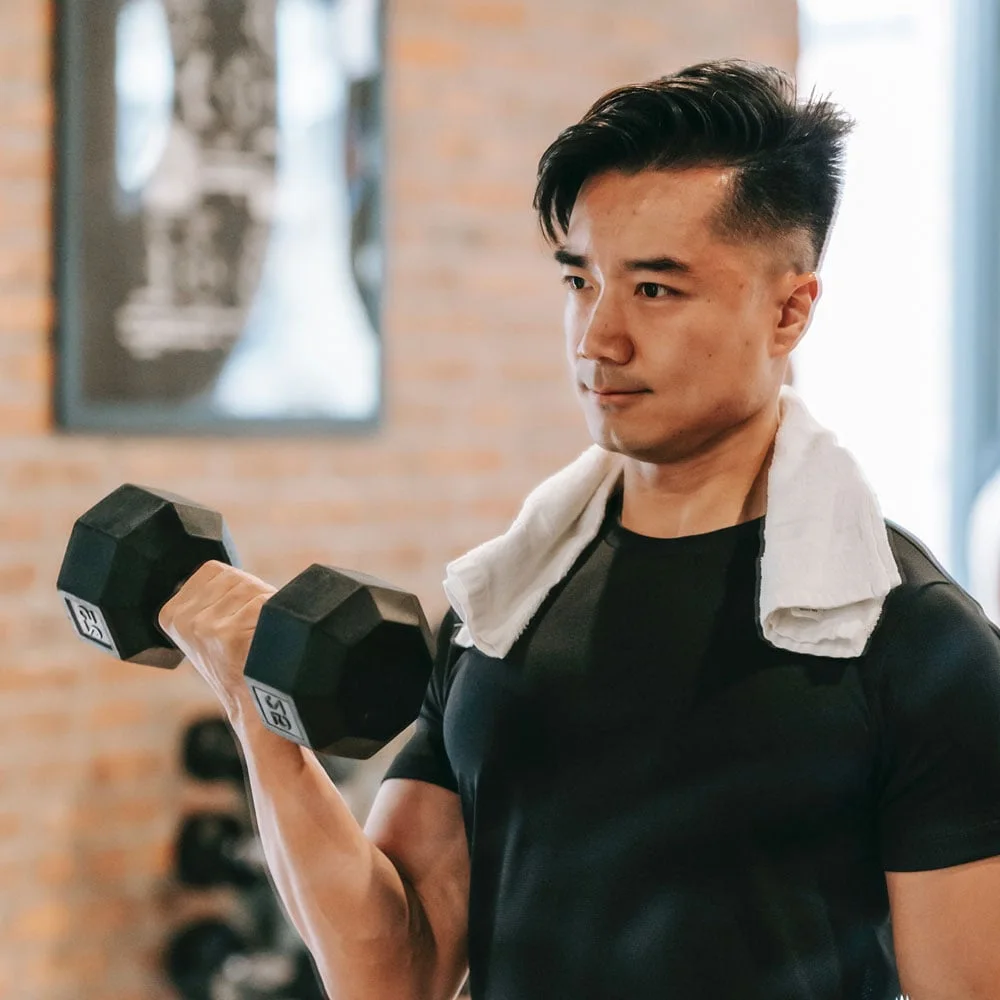Here's what we'll cover
Here's what we'll cover
Acne is the most widespread skin problem among Americans, according to the American Academy of Dermatology (AAD). Up to 50 million Americans have acne, most of them as teenagers or young adults, though acne can happen at any point in life (AAD, n.d.).
Acne mechanica is a form of acne triggered by friction or pressure on the skin. Tight clothing, headgear, backpacks, and even your purse strap can all contribute to acne mechanica. Fortunately, this type of acne is usually easy to treat and prevent.
Read on to learn more about acne mechanica, including its symptoms, causes, and treatment options.
What is acne mechanica?
Acne mechanica is a type of acne caused by friction or pressure on the skin. It can occur anywhere on the body, but it's most common in areas where tight clothing or other gear rubs against the skin, like the face, neck, shoulders, inner thighs, and back (Mazhar, 2019).
The friction and pressure can obstruct your pores, leading to a buildup of sebum (oil), sweat, and bacteria. This can result in acne breakouts on the friction-exposed areas of your skin. It’s common among athletes who wear helmets, shoulder pads, chin straps, or protective gear that may irritate the skin.
In recent years, the use of face masks has also resulted in an increase in acne mechanica cases—commonly referred to as maskne. The hot and humid environment under the mask can affect oil production and the bacteria living on your skin—this can lead to new acne or worsening of your current acne (Spigariolo, 2022).
Acne mechanica symptoms
The main symptoms of acne mechanica are pimples, blackheads, and whiteheads. The pimples appear as papules—small, red bumps on the skin that may be tender to the touch. Pustules may also form, which are similar to papules but contain pus. In some cases, they can turn into deeper forms of acne, like nodules and cysts (Mazhar, 2019).
You may notice the breakouts in areas where your skin experiences the most friction, such as on your shoulders where your backpack straps rest.
People with acne mechanica may experience the following symptoms (Mazhar, 2019):
Skin irritation
Bumps or raised areas of the skin
Acne that follows a pattern (such as along your shoulder where a backpack strap would rest)
Temporary breakouts that have a known trigger
What causes acne mechanica?
There are several causes of acne mechanica, including (Nair, 2021):
Friction: Wearing tight-fitting clothing or gear that rubs against your skin causes irritation and a build-up of oils, leading to clogged pores and pimples.
Pressure: Anything that puts pressure on the skin—such as backpacks, purses, or clothing—can contribute to breakouts.
Heat and sweat: Excessive sweating also leads to sebum, sweat, and bacteria buildup, which provokes acne.
Oil and makeup: Not washing your face after sweating or applying oil-based makeup contributes to clogged pores. In combination with friction or skin pressure, this makes you more likely to develop acne mechanica.
As mentioned, acne mechanica can occur anywhere on the body, but it's most commonly found on the face, neck, shoulders, and back—areas where the skin becomes irritated by external factors such as clothing, gear, or purses.
How to treat acne mechanica
Acne treatment often depends on the severity of your condition. In many cases, acne mechanica goes away on its own once the underlying cause is addressed. For example, if you're an athlete and develop acne from wearing a helmet, the acne will often clear up once you stop wearing the helmet.
When treatment is needed, over-the-counter (OTC) options are usually effective enough for mild cases. More severe cases may require a prescription medication from a healthcare provider, such as a dermatologist.
OTC treatments
OTC acne medications work by killing the bacteria that cause acne or by shedding dead skin cells. They are available at pharmacies and retailers without a prescription. Popular formulations include cleansers, lotions, gels, creams, pads, and exfoliators (Decker, 2012; Zaenglein, 2016).
Common OTC treatments for acne mechanica include:
Sulfur
Alpha-hydroxy acids
Azelaic Acid Important Safety Information: Read more about serious warnings and safety info.
Prescription treatments
When OTC treatments aren't enough to clear your acne, your provider may prescribe a stronger oral or topical medication.
Common prescription treatments for acne mechanica include (Zaenglein, 2016):
Topical and oral antibiotics
Prescription-strength retinoids, such as tretinoin or isotretinoin (Accutane)
Hormonal therapies
Tretinoin Important Safety Information: Read more about serious warnings and safety info.
How to prevent acne mechanica
Acne is a frustrating and uncomfortable condition, but there are things you can do to help prevent it from occurring:
Wash your skin regularly: Gentle cleansing aids in removing dirt, oil, and sweat from your skin.
Refrain from squeezing pimples: Tempting as this may be, popping pimples irritates the skin and creates additional redness and swelling (Melibary, 2019).
Wear loose-fitting clothing: Proper ventilation helps keep your skin dry and free from sweat and bacteria.
Avoid touching your face: Touching or rubbing your face can transfer bacteria to your pores.
Shower after working out: Proper hygiene practices reduce the amount of sweat, oils, and bacteria on your skin.
Choose non-comedogenic makeup and skincare products: These specially formulated products are less likely to clog your pores—resulting in fewer breakouts.
Ensure sports equipment is clean and fits properly: A clean helmet and sports pads help prevent skin irritation.
Follow a healthy skincare routine: Making a habit of cleansing, exfoliating, and moisturizing protects your skin's natural barrier against environmental aggressors.
Prevention goes a long way in the fight against acne, but it's also important to follow the advice of a healthcare provider. If you think you may have acne mechanica, talk to your dermatologist about your symptoms. They will help determine the cause of your blemishes and develop a treatment plan that's right for you.
Treating and preventing breakouts isn't a one-size-fits-all process, so don't be afraid to ask for help. With the proper treatment, you can get your acne under control and enjoy clear skin.
DISCLAIMER
If you have any medical questions or concerns, please talk to your healthcare provider. The articles on Health Guide are underpinned by peer-reviewed research and information drawn from medical societies and governmental agencies. However, they are not a substitute for professional medical advice, diagnosis, or treatment.
American Academy of Dermatology (AAD). (n.d.). Skin conditions by the numbers. Retrieved from https://www.aad.org/media/stats-numbers
Decker, A. & Graber, E. M. (2012). Over-the-counter acne treatments: A review. Journal of Clinical and Aesthetic Dermatology , 5 (5), 32. Retrieved from https://www.ncbi.nlm.nih.gov/pmc/articles/PMC3366450
Hadžavdić, A. & Mokos, Z. B. (2021). Maskne: A new entity in the COVID-19 pandemic. Acta Dermatovenerologica Croatica , 29 (3), 148-153. Retrieved from https://pubmed.ncbi.nlm.nih.gov/34990343
Mazhar, M., Simpson, M., & Marathe, K. (2019). Inner thigh friction as a cause of acne mechanica. Pediatric Dermatology , 36 (4), 546–547. doi:10.1111/pde.13817. Retrieved from https://onlinelibrary.wiley.com/doi/10.1111/pde.13817
Melibary, Y. T., Alkeraye, S., Alnutaifi, et al. (2019). Occasional acne; an acne variant. Clinical, Cosmetic and Investigational Dermatology , 12 , 219. doi:10.2147/CCID.S199991. Retrieved from https://www.ncbi.nlm.nih.gov/pmc/articles/PMC6489559/
Nair, P. A. & Salazar, F. J. (2021). Acneiform eruptions. StatPearls . Retrieved on Jun. 12, 2022 from https://www.ncbi.nlm.nih.gov/books/NBK45920
Spigariolo, C. B., Giacalone, S., & Nazzaro, G. (2022). Maskne: the epidemic within the pandemic: from diagnosis to therapy. Journal of Clinical Medicine, 11 (3), 618. doi:10.3390/jcm11030618. Retrieved from https://pubmed.ncbi.nlm.nih.gov/35160071/
Zaenglein, A. L., Pathy, A. L., Schlosser, B. J., et al. (2016). Guidelines of care for the management of acne vulgaris. Jour nal of the American Academy of Dermatology, 74 (5), 945–73.e33. doi:10.1016/j.jaad.2015.12.037. Retrieved from https://pubmed.ncbi.nlm.nih.gov/26897386/










